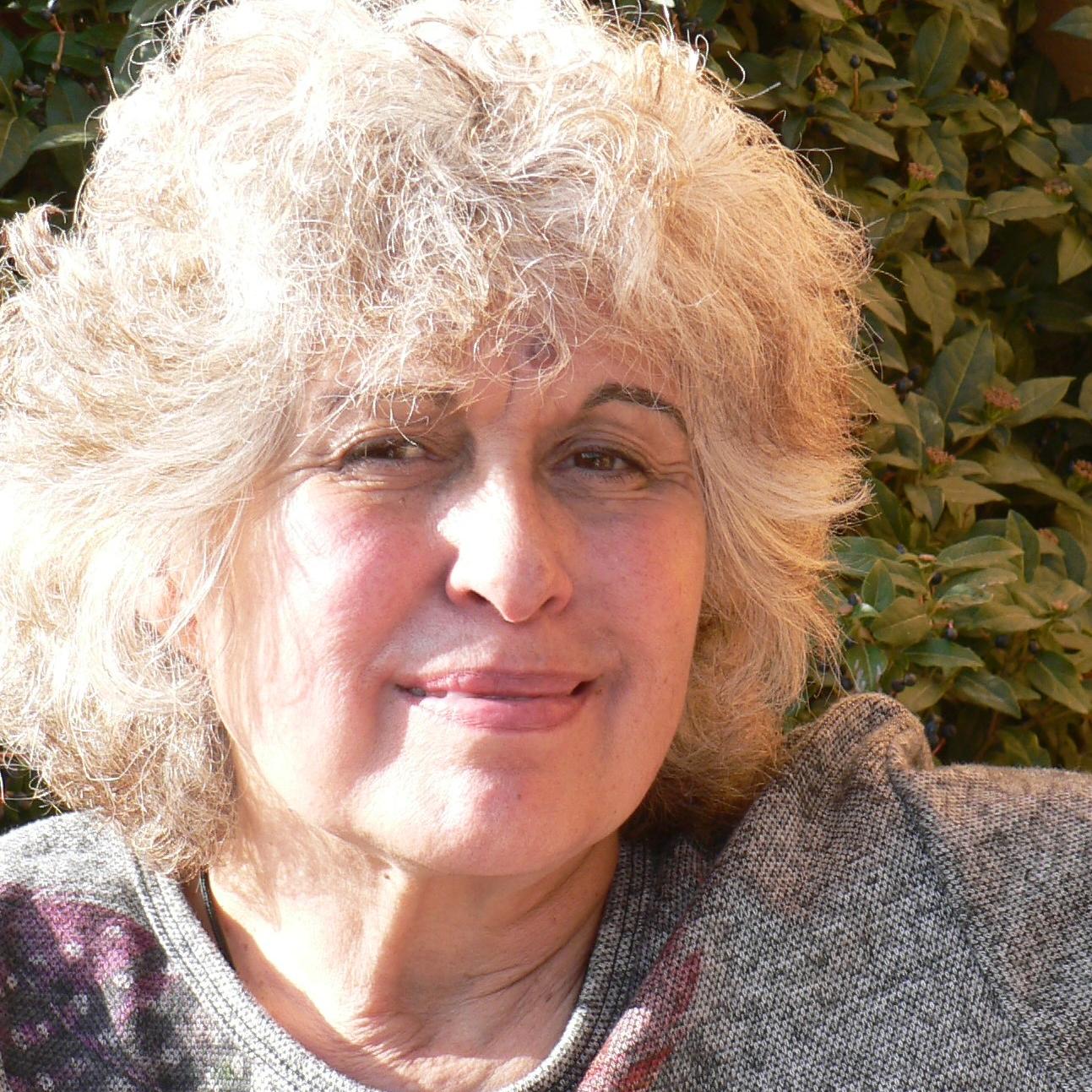
Female genital mutilation is a form of physical and symbolic violence that denies the ability to think and decide, to feel and to be, which causes pain and death and sets back those societies that practice it.
At the end of the 1980s, a French doctor and an activist of Senegalese origin debated the importance of intervening or not in the political and social sphere to eradicate female genital mutilation, an atavistic tradition that is harmful and every year endangers the lives of thousands of girls and young women. The doctor's opinion: “This is a cultural issue that should be resolved exclusively by the affected population; we have no say in it." The strong reply of the militant: “You say this because you still have your clitoris. It’s a clear violation of women's rights as human rights, and we need the full involvement of all citizens to eliminate this brutality that is destroying our lives."
After over four decades and the testimonies and struggles of many women organised in their countries of origin, along with others who emigrated to Europe, it’s fair to acknowledge that as a result of their perseverance in raising awareness within communities so that no one “touches” their daughters, the world has opened its eyes and the fight against FGM has become a major issue of the 2030 Agenda for Sustainable Development: one of the aims of goal number 5 on gender equality is the elimination of practices such as early and forced child marriage and female genital mutilation that injures the physical and emotional integrity of the victim and curtails their social empowerment, which is also the cause and effect of collective backwardness. Still within this area of political awareness, it should be noted that, in Catalonia, the Generalitat’s Secretariat for Immigration presented in July 2002 a protocol of preventive actions unique to the State to address situations of risk, and a few years later, the Catalan law on the right of women to eradicate gender-based violence (May 2008) included forced marriage and FGM as serious manifestations of violence within the community, being also a pioneering regulation in this aspect. Since then, progress has been made, and now organisations such as Equis MGF, Jokkere Endam (which means ‘solidarity’ in the Fulani language) or Legki Yakaru (which means ‘women of today’ in the Sarakule language) are incorporating a new generation of young activists, including males, to join the rejection of any aggression against the female body. The association Valentes i Acompanyades (brave and accompanied), which has been working to stop forced marriages since 2014, has seen the strong link in certain groups between the two forms of patriarchal violence from the moment a young woman who has not gone through "purification" is not accepted as a wife.
The commemoration of February 6 as the International Day of Zero Tolerance for Female Genital Mutilation leads us to wonder why, after so many talks, workshops, institutional statements and criminal prosecution, female external genitalia continues to be partially or completely removed and why there are still periodic reports of girls bleeding out or surviving with chronic health problems. The answer was given to us 40 years ago by that Senegalese activist when she demanded the support of society as a whole. Are we really alert to the operation of preventive protocols? Do we know them well enough and demand compliance from governments? Do we understand the symbolic significance of this unnatural practice for women? The amputation of their ability to think and decide, to feel and to be, is the total denial of the freedom that makes them human beings.



Add new comment